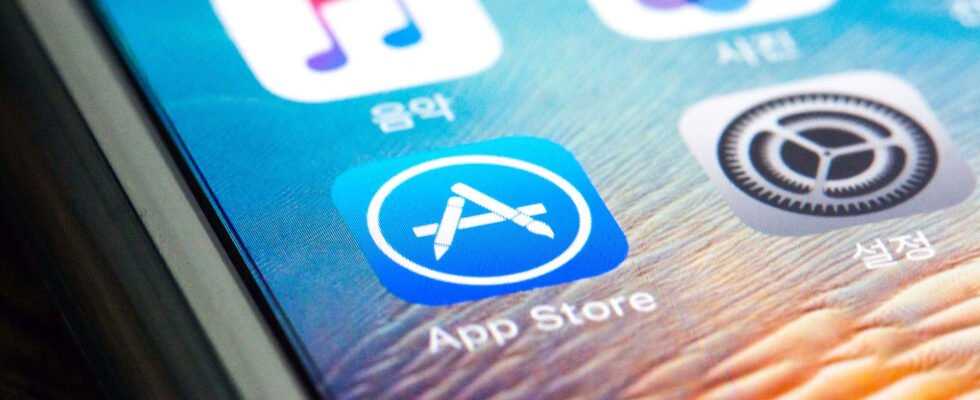Under pressure from the South Korean authorities, Apple is preparing to allow application developers to bypass its payment system. In this new configuration, Apple would continue to take a commission.
In the coming weeks, South Korea should succeed in ending the monopolies of Apple and Google on payments in their application stores (the App Store and the Play Store). South Koreans should soon be able to make purchases thanks to a law passed in late August in-app without going through the payment engines of Apple and Google, which take between 15% and 30% of developers’ revenues.
According to The Korea Herald, Apple has given the green light to the South Korean authorities and is preparing to return to compliance. It should soon be possible to use alternative engines, like PayPal, to buy virtual currency in a game or subscribe to a service. For its part, Google announced in November that it would also comply with Korean law. So far, he hasn’t done so yet.
How is Apple going to do it?
For South Korea and the KCC (the Korea Communications Commission), this announcement from Apple is a huge victory. Under pressure from authorities around the world (Apple has appealed its lawsuit against Epic Games and is facing regulators in several European countries), Apple has been fighting for months to protect the economic model of its App Store. The company has announced some pragmatic changes such as the possibility for small developers to share only 15% of their income or to subscribe to services outside the App Store. On the other hand, it remains firm on certain more fundamental points. For example, Apple does not want sideloading (the possibility of installing applications outside the App Store) and has so far been very reluctant towards alternative payment methods which, in her opinion, opens the door to security concerns. South Korea has succeeded in making him change his mind thanks to its new law (3% of Apple’s Korean turnover would have been taken otherwise).
What the story does not say is when Apple will implement these changes. We also wonder how the brand will manage to limit them only to South Korea. Will developers have to offer a special version of their app each time? Could Apple, in anticipation of future international sanctions, open this change to all countries?
Another unknown, The Korea Herald indicates that, like Google, Apple will continue to charge a commission even if you go through a third-party system. How much will it be? For the moment, neither of the two digital giants has communicated this information.
